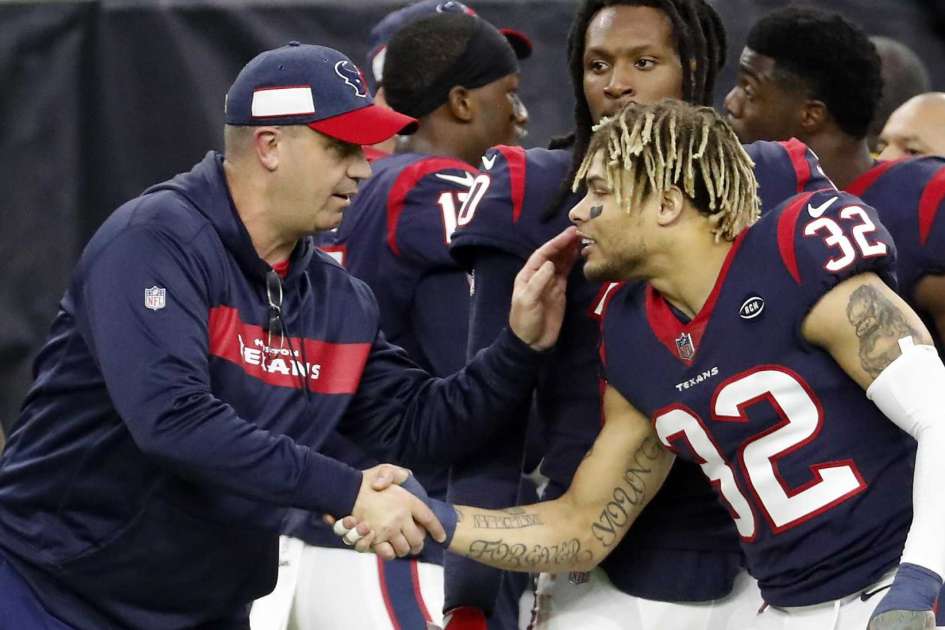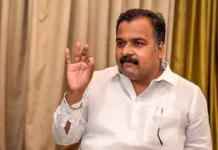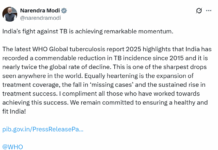SCOTTSDALE, Arizona: San Francisco Giants hitting coach Alonzo Powell never considered stepping away when he was diagnosed with prostate cancer. Being around the game is good therapy, he said, and all he had to do was find a way to work his radiation treatments into his busy schedule.
The 54-year-old was diagnosed during a routine physical in 2017 while he was on the Houston Astros’ coaching staff. He underwent a biopsy after the 2017 World Series, which the Astros won, and was told in January 2018 that he had prostate cancer.
As Powell says, 2017 was the best year of his life, but in 2018, his favorite college football team, Oklahoma, lost the Rose Bowl and he was told he had cancer.
“I’m in 2018 and I’m already 0 for 2,” he said.
Powell started radiation treatments on January 8, 2018, and finished his 40th earlier this month, prompting a celebration by the Giants players.
“I made it through it and didn’t have any issues and I was still able to come out and do my job which meant a lot to me to get through it, Powell said. “I don’t want to be a distraction to the players. So far, everything is good.”
Powell lives in Peoria, near Scottsdale, and during the offseason would get his radiation treatment at 8 a.m. When players started reporting to the Giants camp for work, he switched his treatments to 5 p.m.
When the Giants began their games, Powell would report to Scottsdale Stadium, do early work with the hitters, then make the 25-minute drive to Peoria for treatment. He always made it to the Giants’ game, whether it was in Scottsdale or on the road.
Powell is fortunate that his wife is a registered nurse. Being around baseball also helps.
“I had no thought about not coaching,” Powell said. “This is what I love to do. If I didn’t have any restrictions, there was no question that this was where I want to be. Like, I told my wife, for some reason, when you step on the field, that’s your haven. This is kind of where I’m at peace and don’t let a lot of things bother me. It’s kind of a little bit of therapy being out here.
“I understand what I’m dealing with,” he said. “I also understand it could be a lot worse. I could’ve gotten a different diagnosis. It could be something I couldn’t overcome.”
He’s received text messages and phone calls from former teammates, including the ones he met while playing in Japan.
He’s got one more hurdle to clear.
“I won’t find out for another six weeks if they got it all,” he said. “All I can do is keep praying and keep hoping.” AP







